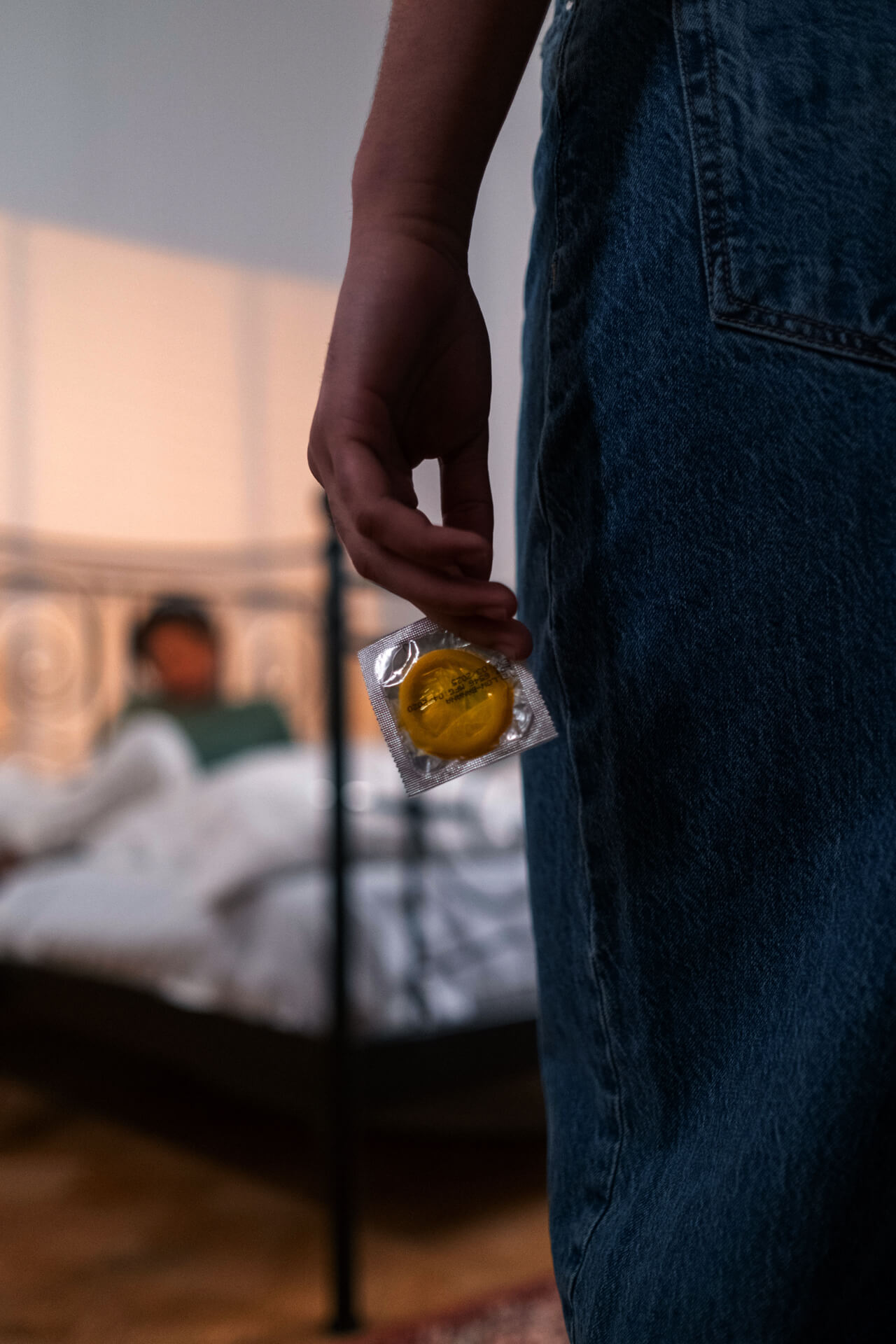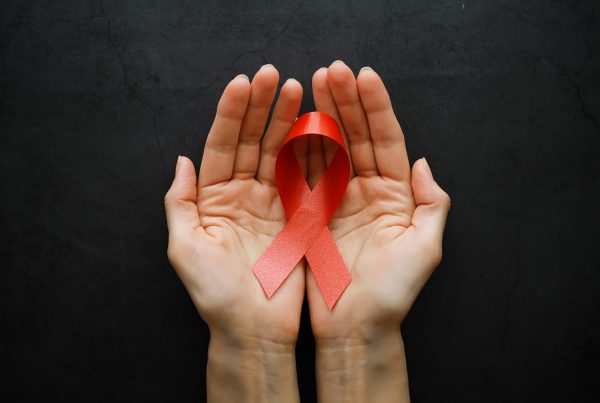If you’ve watched the movie, “the hangover”, the quote “what happens in Vegas, stays in Vegas, except for Herpes, that’ll come back with you” is something that you’d not forget.
With valentine’s day around the corner coinciding with the World Sexual and Reproductive Health awareness day on the 12th of February, let’s talk safe sex!
Safe sex is a blanket term used for protecting you and your partner from contracting a sexually transmitted infection (STI) or an unplanned pregnancy while having a positive and pleasurable sexual experience.
And if you weren’t aware, Sexual safety is a basic human right!
Here are a few steps you could follow for a safer and healthier sexual life.
1. Consent and non-exploitation
Sexual consent with courtesy and respect is the gateway to safe sex. Voluntary cooperation and permission create a mutually positive sexual interaction. So first figure out if it is a yes or a no!
Also, let’s be honest, it’s not a game of thrones. Sexual coercion and manipulation with power is a form of mental and physical abuse.
A safe and healthy sexual relationship includes respecting personal boundaries and avoiding forcefulness.
2. Protection from STIs and HIV
Anyone who is sexually active can get an STI but the good news is, they are preventable.
Begin with communicating with your sexual partner about staying safe during sex.
Use condoms; They are not protective against infections like Herpes but they protect you from most STIs like HIV, Gonorrhea, syphilis and chlamydia. Condoms are also a wise barrier method to prevent transmission of STIs through oral sex as it involves contamination of body fluids.
Get vaccinated; The Human papilloma virus which is the commonest STD can be prevented by the HPV vaccine, which is easily obtainable through your local MOH office.
Get tested; If you are sexually active or had unprotected sex, test yourself for free by the National STD/Aids control Program, at least once a year, where patient information, treatment and test results are highly confidential. This also prevents an asymptomatic disease carrier transmitting the disease to another.
Regular Pap testing is recommended for all females above the age of 35 years, regardless of their relationship status, to prevent cervical carcinoma, which also is a walk-in procedure offered by the local MOH clinic.
3. Prevent unwanted pregnancy
Condoms are the safest, cheapest and most non-invasive mode of contraception that is 97% effective.
As much as contraception is a taboo subject, technology has developed to have contraceptives like OCP, the emergency birth control pill or condoms delivered to your doorstep.
And all of the above are “over the counter” purchases at very affordable rates in any drug store.
The simple knowledge on the right mode of contraception with your partner, is widely available as reading material on the web or just a call away from your GP. This can save you from major burdens like teenage pregnancies, unwanted pregnancies, premature births and septic or illegal abortions that can be fatal.
4. Serial Monogamy
As challenging as it is to be in a monogamous relationship in the latest “hook up” culture, it is generally socially acceptable for a person to form multiple, monogamous relationships, which is referred to as “serial monogamy”.
Even unprotected sexual activity with monogamous partners, in serials is still safer than polygamous relationships as it is easier to communicate about healthy sexual habits. Testing for STIs can be done between each relationship, without anxiety.





